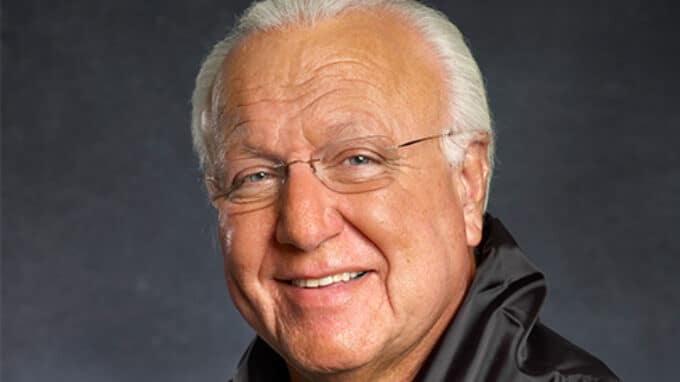By John “Rocky” Barrett, Tribal Chairman
In recent years, tribal governments across this state have developed sophisticated operations from once-modest organizations. Whether it’s employing tens of thousands of Oklahomans, providing law enforcement in rural communities, or bringing in federal funds to pay for road paving, Oklahoma’s tribal nations contribute greatly to our shared communities.
The value of tribes grew even more evident in 2020. Native nations across the state voluntarily adhered to the spring shutdown of non-essential businesses, focusing on keeping our food distribution and public safety operations open. Many tribes kept furloughed workers on the payroll, even as revenues dried up. In fact, job numbers grew for some tribal employers. Many unemployed Oklahomans outside the major metropolitan areas found jobs and health insurance thanks to their new status as tribal employees.
The 38 federally recognized tribes in Oklahoma received funding as part of the federal CARES Act. Tribes used that money to support tribal citizens as well as government operations and businesses.
If you look to any part of rural Oklahoma within a tribal nation’s jurisdiction, you will find countless stories about how these governments used their resources to keep Oklahomans afloat and healthy during this challenging year.
At Citizen Potawatomi Nation, we distributed more than 65 percent of our CARES Act funds directly to our members for a myriad of uses, including online education, eviction prevention and income loss.
The public health work of Indian nations will help propel our state toward the end of this pandemic. Tribal providers are rolling out concurrent vaccination efforts that county public health departments are implementing in rural parts of the state.
Citizen Potawatomi Nation Health Services administered 3,000 doses of the Pfizer vaccine in less than one month. This isn’t as simple as just sticking a person with an injection. It takes months of planning and millions of dollars that wouldn’t be in the state without the presence of tribes. In Pottawatomie County, CPN used CARES Act funds to purchase the ultra-cold storage equipment necessary to house the Pfizer vaccines. We are housing these cold storage units for our own Tribal health services but also for our partners at the county health department and Indian Health Service.
Too often in Oklahoma’s halls of power, tribal governments are portrayed as casino operations and little else. That could not be further from the truth. Almost all members are dual citizens of Oklahoma and our Indian nations. They are people who look out for rural Oklahoma because that is where their homes and businesses are. Our employees, relatives and friends may not all be tribal members, but what unites us is our belief that a rising tide lifts all boats, whether in the public health or economic realm.

